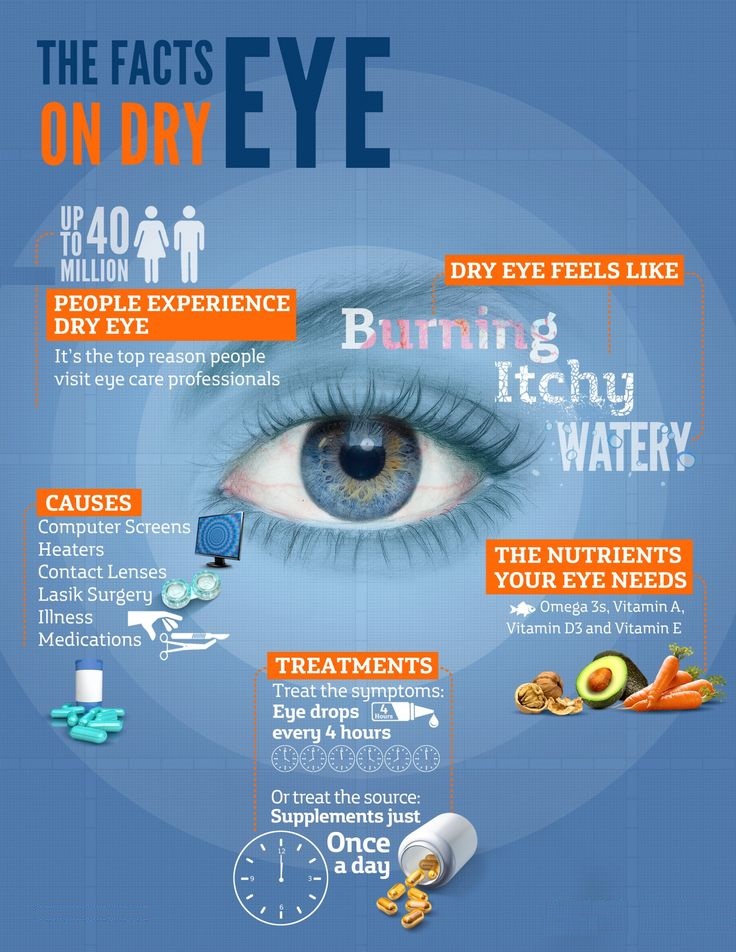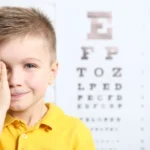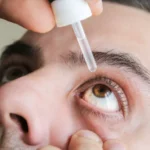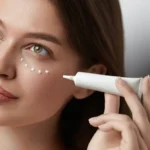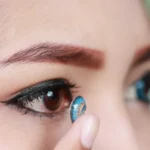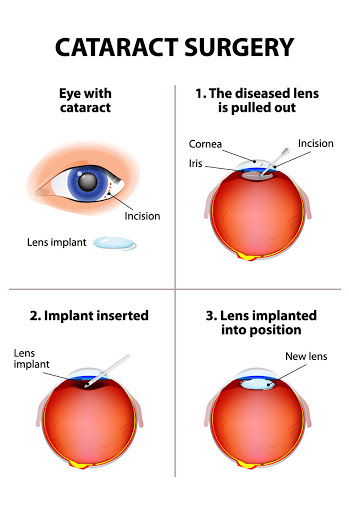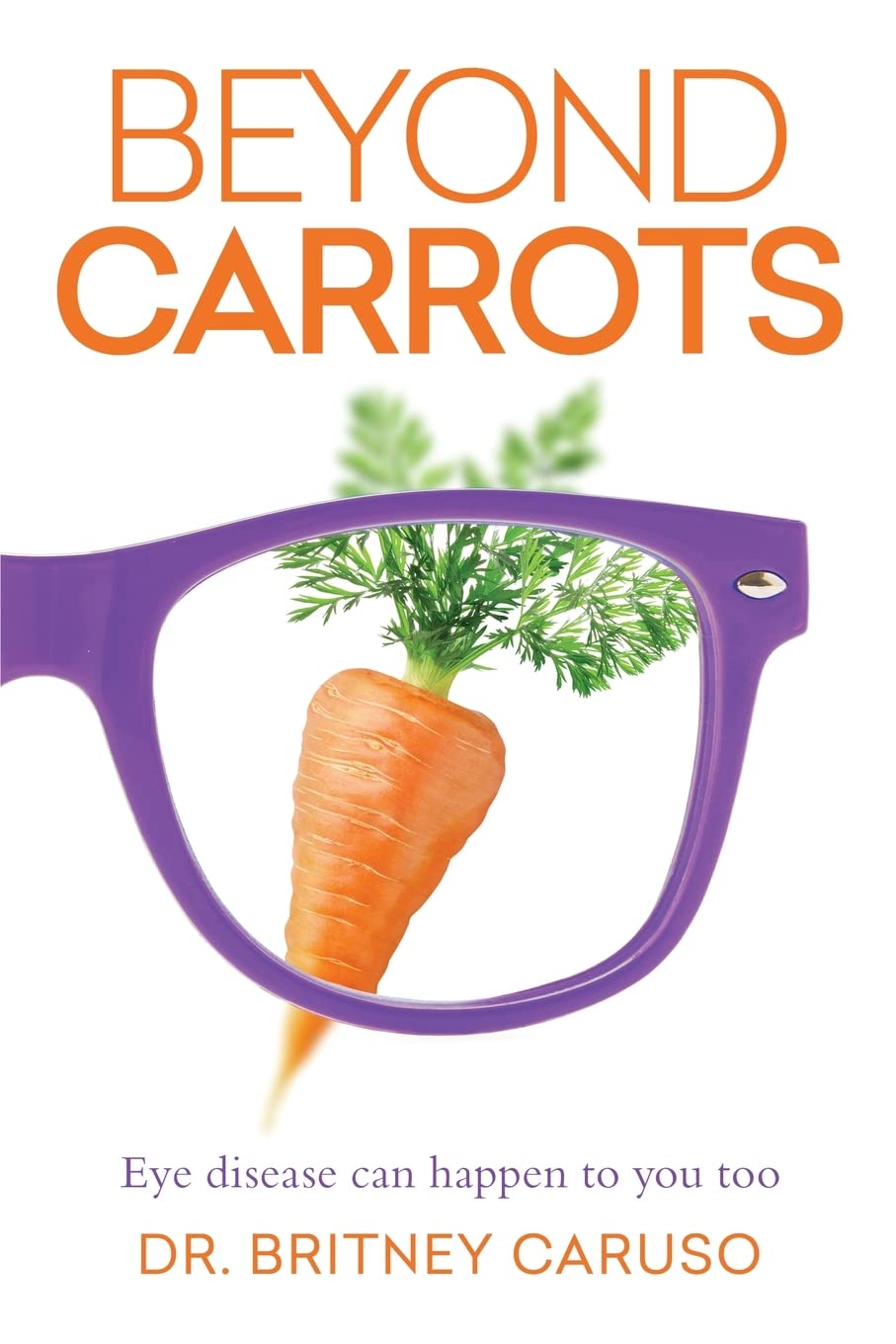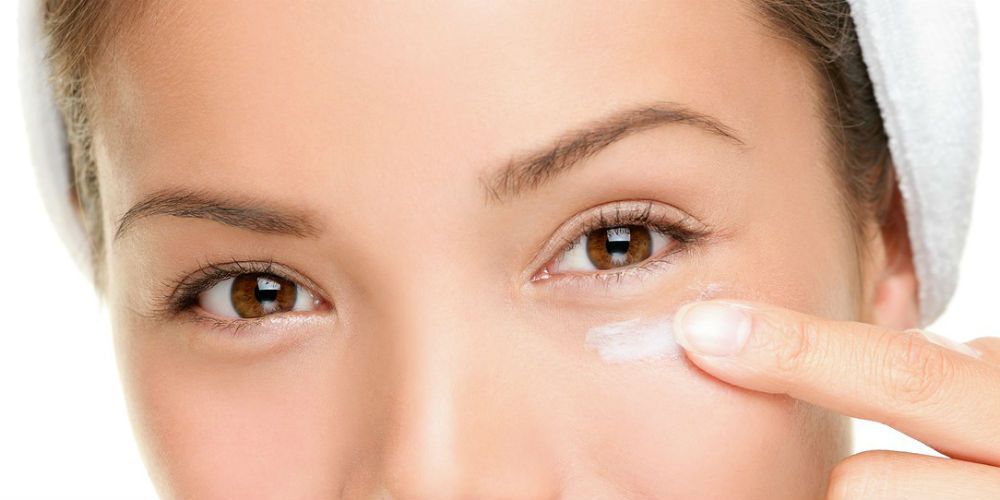Our eyes are one of the most beautiful and important part of our body. These 4 eyes care tips will help you to keep your eyes healthy for the rest of your life.
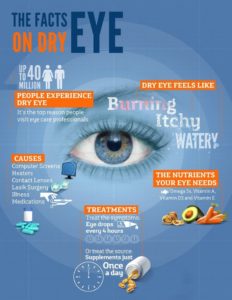
Every part of the human body is of great importance and requires care, and so dothe eyes. Eyes are just like a window through which you can enjoy the beauty of everything around you. They can be said as the most beautiful yet sensitive part of your face. Here are the 4 eye care tips that will keep your most precisious body part healthy and safe for the rest of your life.
Eye checkup
Visit your optometrist not only when you have complaints regarding your eyes but also on a regular basis.
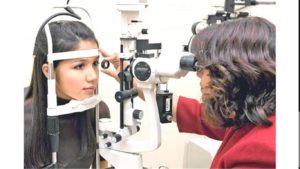
Diet
Add vitamin-A enriched foods to your diet. Carrots are considered to be a great source of vitamin-A and thus contribute a big role in the maintenance of your vision. However, there are other foods from nature as well, which can serve as a source of vitamin-A such as sweet potatoes, fish, lettuce, liver, dark green leafy vegetables and tropical fruits etc.
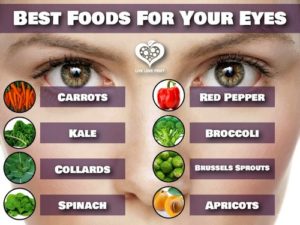
Wear sunglasses
Wear sunglasses whenever you are outside your home. It can help not only to avert UV rays from reaching your eyes but also from dust and pollution of the environment.

Eyes exercise
As an exercise for your eyes, look at a near object for about 20 seconds without blinking and then immediately move your eyes to a distant object and look at it for 20 seconds. Another exercise is to rotate your eyes clockwise 4-5 times and then anti-clockwise 4-5 times, repeat this whole exercise for about 2-3 times. And the amazing tip to improve your vision is to wipe your upper eyelids using a wet cloth after having your meal. It could be your dinner, lunch or breakfast.
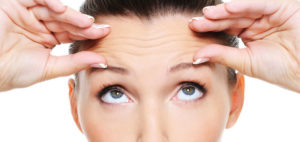
Avoid staring at the laptop or television
If you have to work on laptop for hours and also want to prevent your eyes from any harm then here is a tip for you. Avoid staring at laptop for a long time rather move away your eyes after every 20 minutes for about 20 seconds.

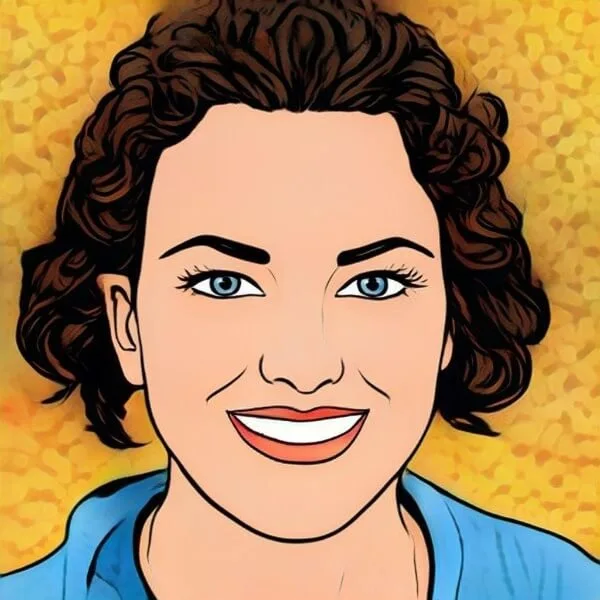
Alina Smith is a health blog author with an interest in the intersection of wellness and mental health. She’s worked as a writer, editor, and communications specialist for various healthcare organizations. Alina has also led projects to improve access to care for underserved populations in both rural and urban settings.

